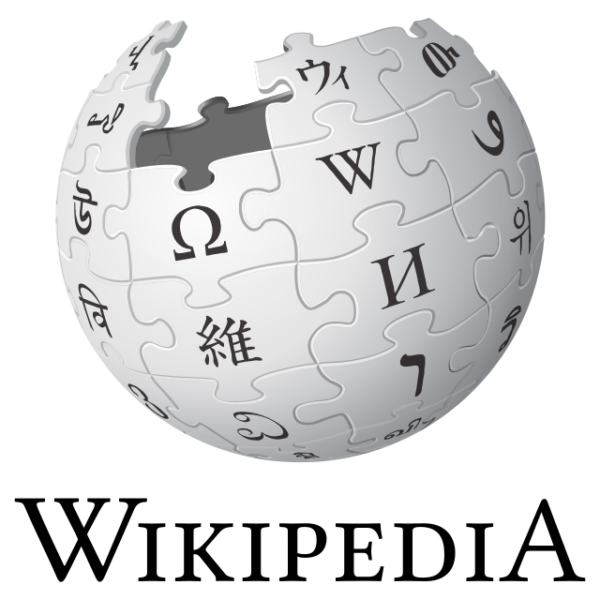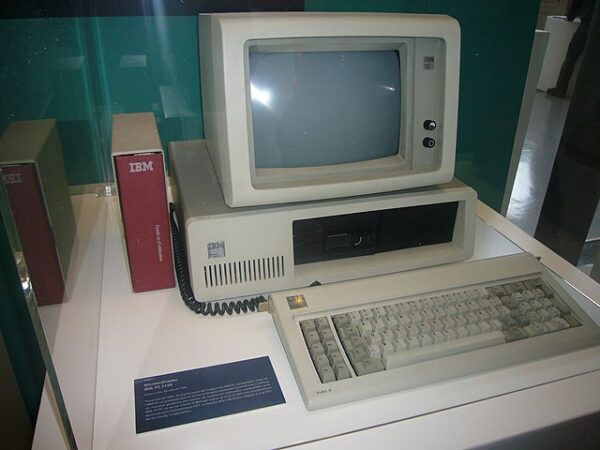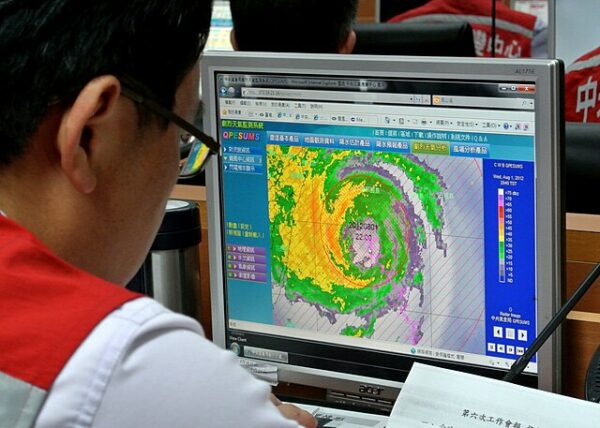On January 15, 2001, the internet was forever changed with the founding of Wikipedia, a bold experiment in democratizing knowledge created by Jimmy Wales and Larry Sanger. Emerging as a free-content online encyclopedia, Wikipedia quickly transformed how people access and share information, evolving into one of the world’s most visited websites.
The idea for Wikipedia arose from an earlier project, Nupedia, launched in 2000 by Wales and Sanger. Nupedia aimed to produce a comprehensive, expert-written online encyclopedia but faced significant delays due to its rigorous editorial process. Only a few articles were published in its first year. Recognizing the need for a faster, more inclusive model, they adopted the concept of a “wiki,” a platform enabling users to directly edit content collaboratively. The Hawaiian term “wiki,” meaning “quick,” encapsulated their vision for a dynamic, user-driven project. On January 15, 2001, Wikipedia was introduced as a complementary platform to Nupedia, empowering anyone with internet access to create and refine content.
From the outset, Wikipedia was driven by an ambitious vision: to provide “a world in which every single human being can freely share in the sum of all knowledge.” At a time when much of the internet’s content was restricted by paywalls, this mission resonated deeply. Wikipedia’s commitment to accessibility was further reinforced by its adoption of the GNU Free Documentation License, later transitioning to the Creative Commons Attribution-ShareAlike License. These licenses ensured its content could be freely used, shared, and adapted under open terms.
In its early years, Wikipedia grew modestly, reaching a few hundred articles by the end of 2001. However, as awareness of its open editing model spread, its expansion accelerated. By 2003, it boasted over 100,000 articles in multiple languages, and by 2005, it surpassed traditional encyclopedias like Encyclopædia Britannica in its English-language article count.
Wikipedia’s open model, while revolutionary, sparked concerns about the accuracy and reliability of its content. Critics worried that allowing anyone to edit articles could lead to misinformation, bias, and vandalism. High-profile hoaxes and errors underscored these risks, fueling skepticism about its credibility. To address these challenges, Wikipedia implemented measures such as page protections, citation requirements, and active oversight by a dedicated community of volunteer editors and administrators. These “Wikipedians” became integral to maintaining the site’s quality, tirelessly patrolling content and upholding its editorial standards.
Today, Wikipedia has achieved staggering global reach, hosting over 60 million articles in approximately 300 languages. Its English version alone contains more than 6.5 million articles, and the platform consistently ranks among the top 10 most visited websites worldwide. Billions of people rely on Wikipedia each month for information, whether through direct access or indirectly via search engines, virtual assistants, and educational tools. Initiatives like Wikipedia Zero have extended its impact by offering free access in regions with limited internet availability.
The significance of Wikipedia transcended its role as an encyclopedia. It represents the transformative power of collective knowledge-sharing, making information more accessible than ever before. It has become an indispensable resource for education, research, and public discourse. However, it also faces ongoing challenges, including systemic biases, reliance on unpaid contributors, and barriers to participation in underserved communities.






